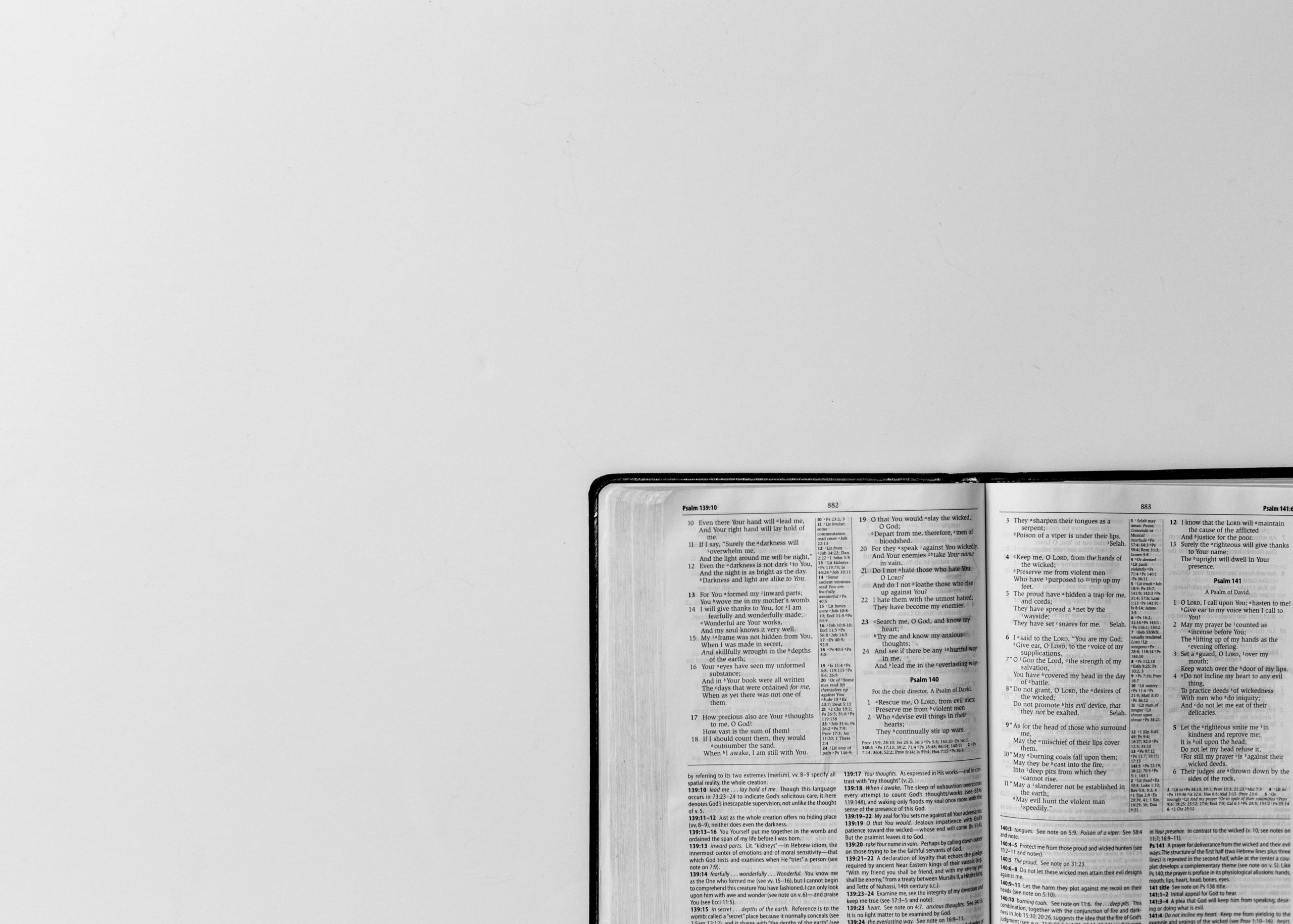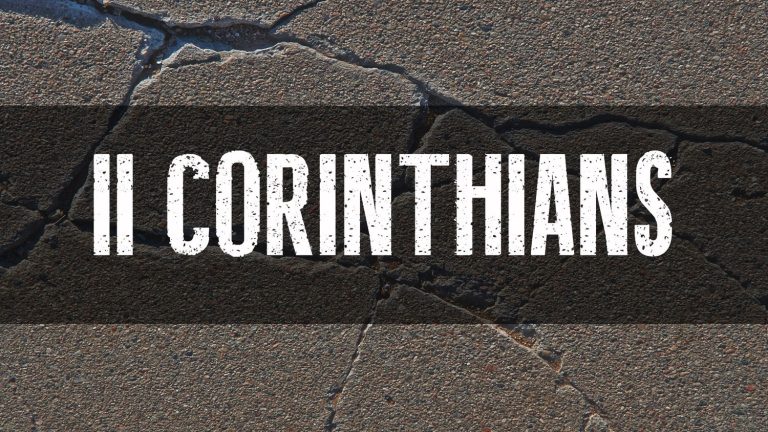
Ancient Anglican
A Modern Perspective on Early Christian Thought.
New on the Blog
The Lord’s Prayer – Thy Will be Done
This petition represents the completion of our salvation as contained in the three Thou petitions – His Name is Hallowed, His Kingdom Comes, and His Will is therefore Done.
The Lord’s Prayer – Thy Kingdom Come
God’s Kingdom refers to 1) the completion of our sanctification, 2) the coming eschatological reign of Christ, and 3) the church.
The Lord’s Prayer – Hallowed be thy Name
The hollowing of God’s name can be seen as either an internal action worked within the soul of the believer or an external action taken by us.
The Lord’s Prayer – Our Father who art in Heaven
Jesus instructs us that we relate to God not through a sovereign-subject relationship nor a relationship based upon blood-lineage, but based upon a personal familial relationship.
The Lord’s Prayer – Modeling Prayer
And when you pray, you must not be like the hypocrites . . . . Pray then like this:
2 Corinthians 12-13, pt.2
Although Paul speaks of the Father, Son, and Holy Spirit throughout his letters, the benediction to this letter is the only place where the three are invoked within this same formula.
2 Corinthians 12-13, pt.1
We’ll keep exploring issues of apostolic authority and the ways in which Paul made an appeal for his own apostolic authority to the Corinthian church.
2 Corinthians 10, pt.2
Within this chapter, we find the confluence of many themes that occur in Paul’s other letters.
2 Corinthians 10, pt.1
We will dive into the notion of “taking thoughts captive” because it has played such a huge role in the Christian spiritual tradition. So be thinking about how your own thoughts might be “made captive” to Christ.
2 Corinthians 5, pt.2
Sin is a disease that defaces the image of God within us, and therefore, God becomes human to cure our disease, so that we may become like God.
2 Corinthians 5, pt.1
Within 2 Corinthians 5, Paul uses the analogy that our present bodies are but temporary tents, whereas our eternal dwelling is a building constructed by God. Think through how this analogy is similar to that employed in John’s Prologue.
2 Corinthians 4, pt.2
In verse 18, Paul reiterates that we must look beyond the literal and the sensible which are easily seen and comprehended but which are transient and perishable.


